News
Customize list
-
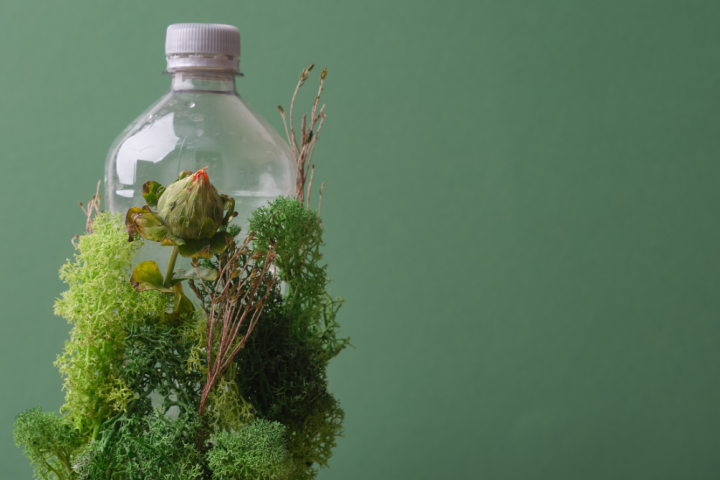
How to Build a Relationships with Sustainability-Oriented Consumers?
For a successful transition to a more sustainable society, we need empathetic, credible, and strategically consistent communication—one that addresses the consumer not only as a buyer but also as a socially responsible individual, embedded in relationships with others and with nature.
-
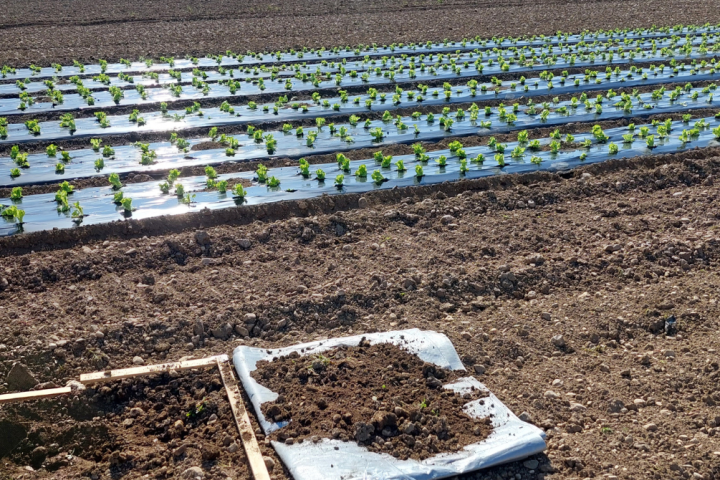
How Micro- and Nanoplastics (MNPs) Are Shaping European Agricultural Soils
Modern agriculture relies heavily on plastic products such as mulch films, greenhouses, and irrigation systems. However, a significant portion of this plastic ends up as micro- and nanoplastics in the soil. How does this affect ecosystems and food production across Europe? This is the central question addressed by the MINAGRIS project.
-
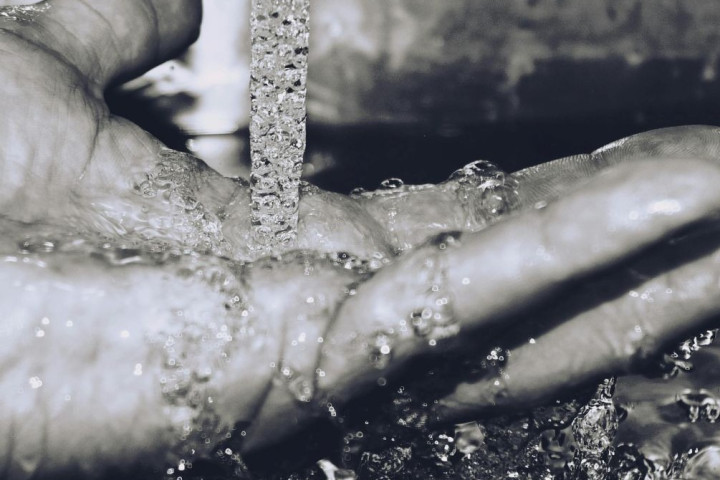
Microreactors of the Future for Efficient Wastewater Treatment Using Hydroxyl Radicals
The issue of wastewater treatment is becoming increasingly pressing in modern society, which is also reflected in the intensive research in this field. Conventional treatment methods are struggling to keep up with the growing diversity of pollutants that end up in various water bodies – both surface and groundwater. As a result, significant efforts are being invested in developing new technological approaches to address this challenge, with cavitation emerging as one of the promising technologies.
-
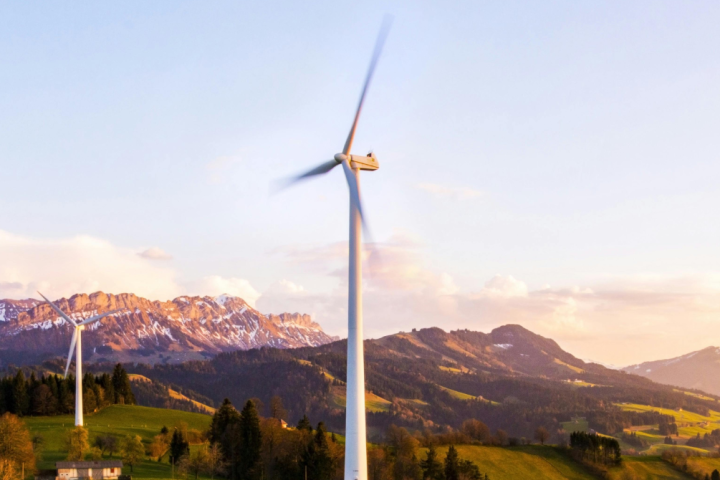
Planning Renewable Energy Without Conflict?
The transition to renewable energy is a political necessity. But how can it be implemented without compromising other vital objectives – such as biodiversity conservation, water management, cultural heritage preservation, and public health – while also ensuring active public engagement?
-
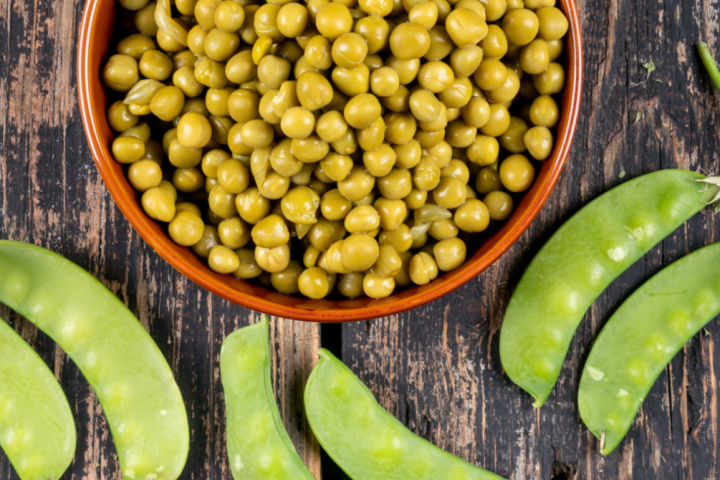
How to Enrich the Nutritional Value of Flour – Collaboration Between Slovenian Industry and Academia
Researchers from the Biotechnical Faculty and the Faculty of Chemistry and Chemical Technology at the University of Ljubljana have successfully developed a process for improving the nutritional value of pea flour through lactic acid fermentation. The interdisciplinary study, conducted in collaboration with a Slovenian food processing company goes beyond academic boundaries and presents a significant commercial value for the techonlogical application on an industrial scale.
-
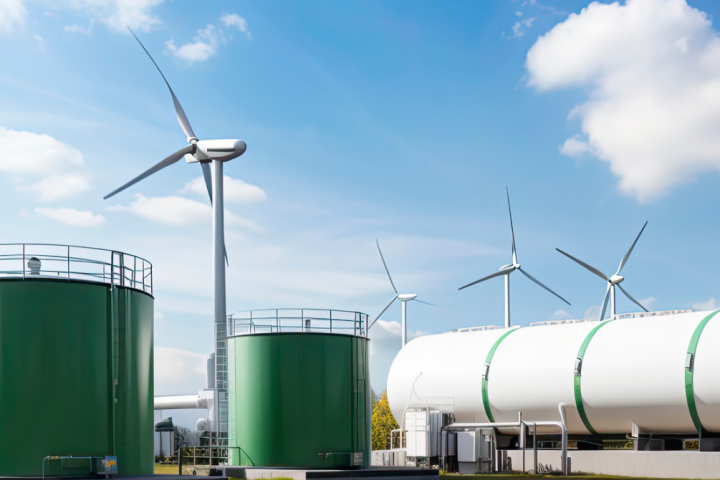
How nanoparticles for fuel cell applications continuously change
Proton exchange membrane fuel cells use hydrogen as a fuel and are one possible alternative to internal combustion engines that run on fossil fuels. The wider deployment of fuel cells, and thus the potential to reduce greenhouse gas emissions, is hampered by their cost. They require the expensive and scarce metal platinum to operate efficiently.
-
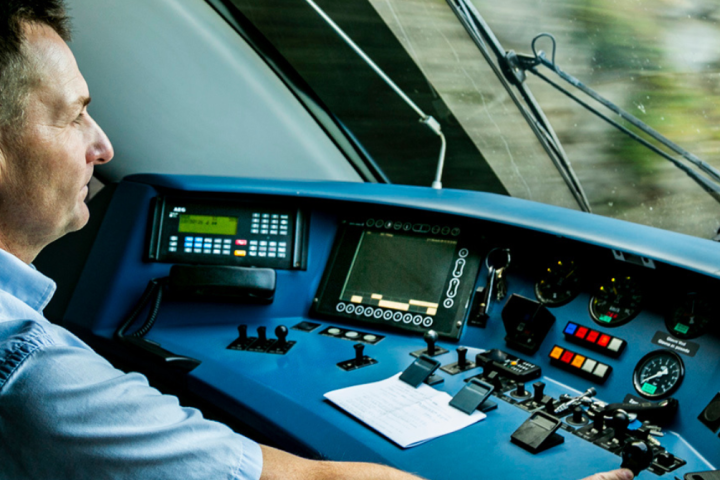
Interreg Project T4RAIL IT-SI for More Efficient Information Transfer in Railway Transport
Europe is striving to shift as much freight as possible from overcrowded roads to rail transport. Efficient information transfer among stakeholders is key to achieving this goal, which is the central focus of the T4RAIL IT-SI project. The project involves the Faculty of Maritime Studies and Transport at the University of Ljubljana.
-
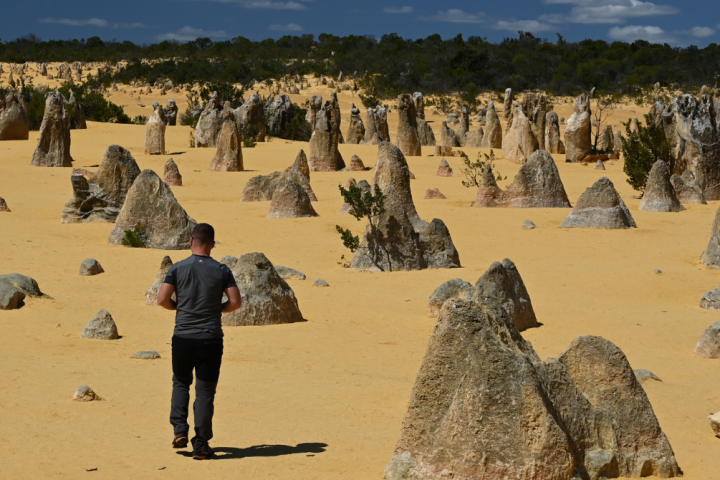
Was Australia Wetter Than Slovenia?
The world-renowned tall limestone pinnacles in the Pinnacle Desert, located in Australia’s Nambung National Park, are approximately 100,000 years old. At that time, Australia was even wetter than Slovenia. This surprising finding was discovered by scientists using an innovative method, including Prof. Dr. Andrej Šmuc and Assoc. Prof. Dr. Aleš Šoster from the Faculty of Natural Sciences and Engineering at the University of Ljubljana, and Dr. Matej Lipar and Dr. Mateja Ferk from the Research Centre of the Slovenian Academy of Sciences and Arts (ZRC SAZU).
-
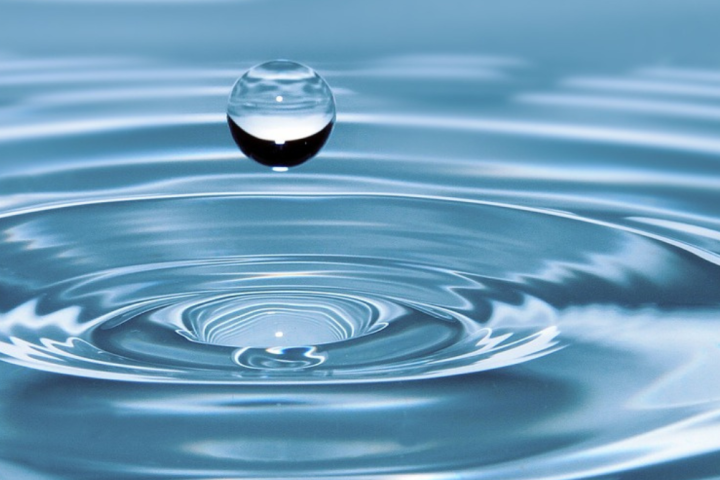
A completely new concept for harnessing waste heat and solar energy
Researchers from the Faculty of Mechanical Engineering at the University of Ljubljana, led by Assistant Professor Dr. Primož Poredoš, in collaboration with researchers from the ITEWA Innovation Team at Shanghai University, have developed a new concept for utilizing ultra-low temperature (waste) heat by simultaneously introducing solar energy and low-temperature heat into the system. They are the first in the world to present an entirely new concept for producing distilled water from saline, untreated water using thermally driven membrane distillation (MD).
-

Biotechnical Faculty UL Secures up to 2.5 Million in European Funding for the ERA Chair - Foodomics Project
The Biotechnical Faculty of the University of Ljubljana (UL BF) has successfully obtained 2.5 million euros through the Horizon Europe research and innovation program for the ERA Chair project titled "Chair of Metabolomics in Food and Nutrition (Foodomics)." This project will establish a new interdisciplinary Center for Metabolomics.
-

Wild animals are a good indicator of environmental pollution
Wild animals are a good indicator of environmental pollution that affects the entire ecosystem. Therefore, the Veterinary Faculty of the University of Ljubljana, in collaboration with the Faculty of Economics and the Biotechnical Faculty, has decided to conduct a study to examine the amount of toxicants in the tissues of certain animal species in Slovenia.
-
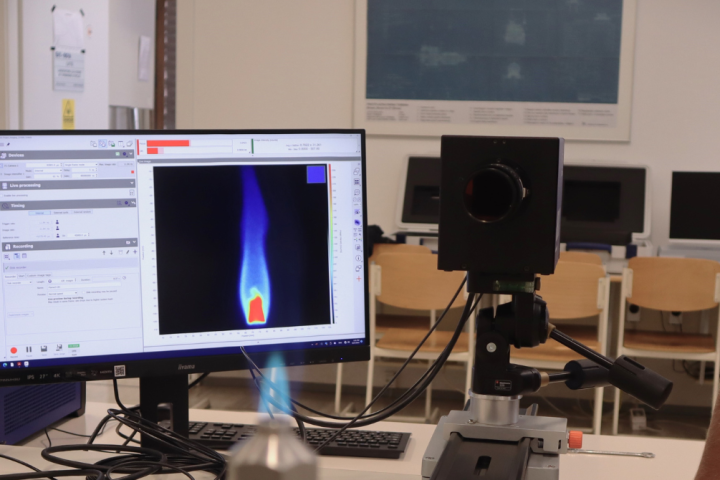
Faculty of Mechanical Engineering Successful in MSCA Doctoral Networks Call
The University of Ljubljana, Faculty of Mechanical Engineering, has been successful in the Horizon Europe Marie Skłodowska-Curie Actions (MSCA) Doctoral Networks call with the project UPCYCLE – Dissemination of Advanced Conversion Routes for Hard-to-Recycle Biogenic Waste. As part of the project, 15 doctoral candidates will be trained, three of whom will be based in Slovenia. The project is coordinated by Politecnico di Milano, with UL FS participating as a partner.
-
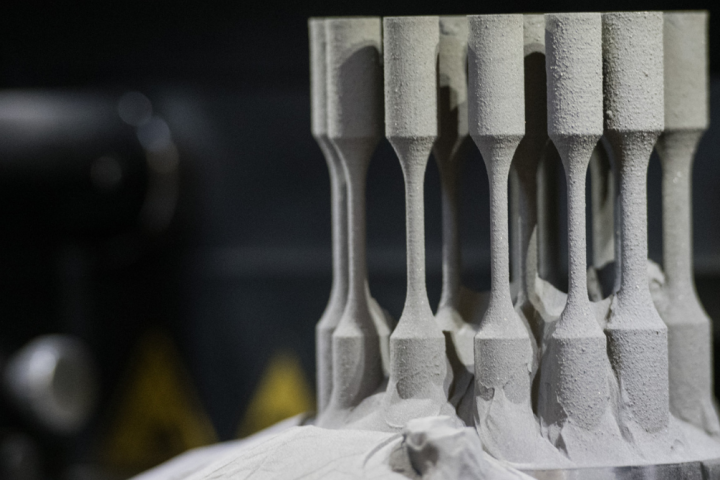
Artificial intelligence for predicting process condition variations in laser powder bed fusion of metals
Assistant professor Dominik Kozjek, a researcher in the Laboratory for Mechatronics, Production systems, and Automation (LAMPA) at the Faculty of Mechanical Engineering, UL, in cooperation with researchers from Northwestern University (Illinois, United States), the United States Army Research Laboratory, and the company DMG MORI Advanced Solutions, developed a new method of predicting meltpool temperature variations in the laser-powder bed fusion of metals (PBF-LB/M) process.
-

Restoration of wetland and meadow ecosystems
Meadow and wetland ecosystems fulfil various functions that are essential for the life of different plant and animal species and for human activities. These ecosystems are highly efficient carbon sinks and habitats for animal and plant species of European importance in Natura 2000. They are rapidly being lost due to climate change (drought, evaporation, erosion, cracking, sward damage, etc.) and land use change, as well as the introduction of invasive alien plant and animal species. How can wetlands and meadow ecosystems be better managed to help mitigate the climate crisis and conserve biodiversity?
-
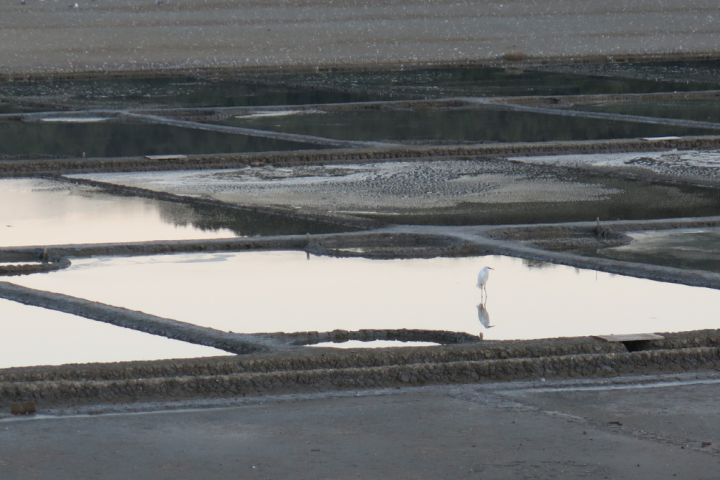
LANDLABS - Landscape Laboratories: Design Strategies for Sustainable and Beautiful Landscapes of the Anthropocene
How can landfills, mining areas or transportation infrastructure corridors that are part of our urban landscape be transformed into sustainable and beautiful places? How can we create a coexistence between humans, animals, plants, water, soil and technical elements in these areas? These are the questions addressed by LANDLABS, a doctoral research project in the field of landscape planning and design, which was successfully funded in April 2024 as part of the call for Marie Sklodowska-Curie Doctoral Networks.
-

Harnessing the low temperatures of space to cool buildings and equipment in remote locations in an environmentally friendly way
Doc. dr. Professor Primož Poredoš, in collaboration with colleagues from the Laboratory for Environmental Technologies in Buildings at the Faculty of Mechanical Engineering, UL, and researchers from the ITEWA innovation team at Shanghai University, has developed a concentrator based on the AsymSkyCool method that enables cooling of buildings and appliances without the use of electricity. The concentrator takes advantage of the 'cold of space' – the extremely low temperatures of deep space, which can be as low as minus 15°C compared to the surrounding environment – and uses a special method to concentrate it and direct it towards a heat source. Using space as a cooling source enables environmentally friendly, efficient and sustainable cooling of devices that consume large amounts of electricity, such as LED lights, batteries and electric motors.
-
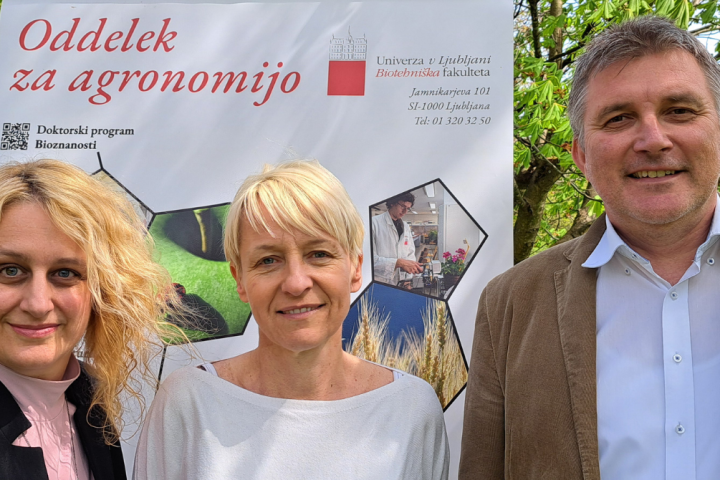
BF UL recipient of the MSCA Doctoral Network Project
The Biotechnical Faculty of the University of Ljubljana is the recipient of the prestigious Marie Skłodowska-Curie Actions Doctoral Network Project. The Department of Agronomy at BF UL will coordinate the project titled ViroiDoc - Advanced Research on Viroid Pathogenesis and Control for Sustainable Agriculture, worth 2.5 million euros, over the next four years. The project is led by Prof. Nataša Štajner, Asist. Prof. Sabina Berne and Prof. Jernej Jakše.
-

Food for thought: discussing the menu of the future with scientists
The University of Ljubljana invites you to the Food for thought Festival, a series of interdisciplinary events organised by the University in collaboration with the "Jožef Stefan" Institute and the Institute of Chemistry. The festival menu has a sustainable theme and brings together researchers, UL alumni and students around a common table to discuss current societal issues and the challenges of creating sustainable food systems. The events, which will take place between 23 and 25 April, are free of charge,intended for the broader public and (most of them) can also be attended online.
-
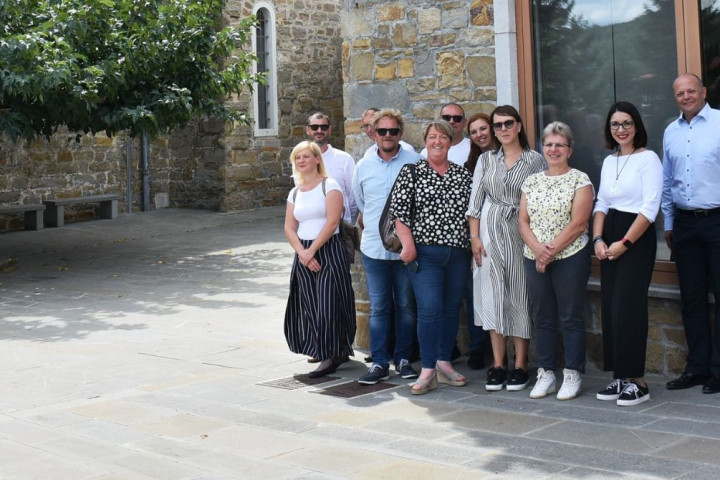
Smart Agro Grape – Digital platform for vineyard managers
How can you set up smart vineyards that would be sustainably oriented and that would only use the essential quantities of sprays and fertilisers? This challenge has been taken up by the European project Smart Agro Grape, in which the lead partner is the Faculty of Electrical Engineering of the University of Ljubljana. The project will involve the development of a digital platform and a mobile phone app, which will allow vineyard managers to access / get notifications and thereby to respond early to situations that could lead to the onset of various diseases in the vineyard, and will enable more commercially successful operation.
-
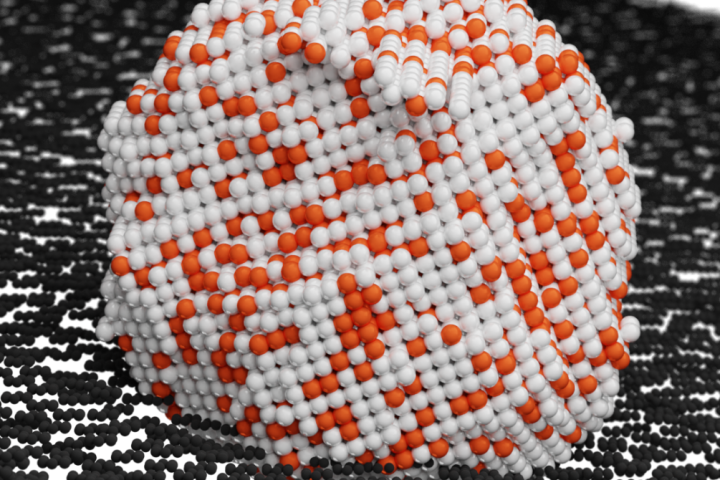
Irregularities in hydrogen fuel cell catalysts
The increasingly evident consequences of climate change are a major motivation for the development of low-carbon technologies, among which fuel cells, using hydrogen as fuel, hold great promise. One of the obstacles to the wider commercialization of the technology is the use of expensive and rare platinum in catalysts, which is why effort goes into trying to reduce the amount of platinum used while preserving the relevant properties of these materials. For the oxygen reduction reaction, one of the reactions in a fuel cell, we use catalysts with alloyed nanoparticles containing platinum and cheaper transition metals. Since certain defects in the nanoparticle structure can occur during the preparation of the catalyst, the effects of all aspects of the structure on the performance in the fuel cell need to be studied in detail.
